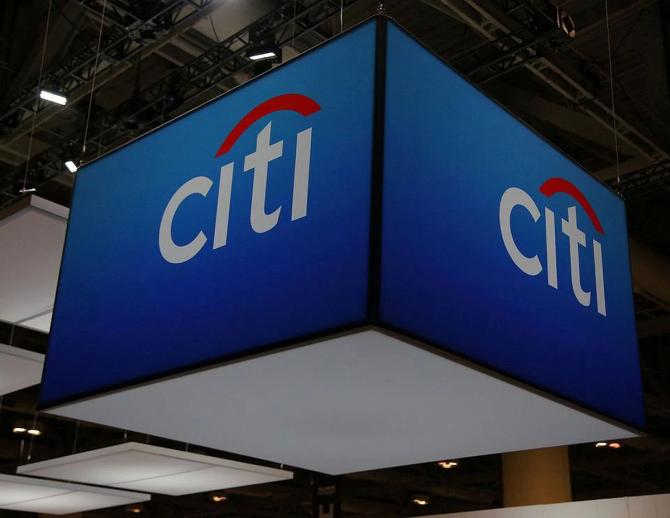Citibank on Wednesday joined the list of foreign banks that have exited retail banking business in India.

Mumbai-based Axis Bank completed acquisition of Citigroup's consumer business for Rs 11,603 crore.
Under the deal, Axis acquired consumer banking businesses of Citibank India, which includes credit cards, retail banking, wealth management and consumer loans.
Citi's scaling down of operations in India is part of its strategy to exit retail businesses in 13 markets to conserve capital and focus on higher-yielding revenue streams.
It entered India in 1902 and started the consumer banking business in 1985.
Almost immediately after Citigroup announced its decision last year, FirstRand Bank, South Africa's second-largest bank with $118 billion in assets in India followed suit.
Global banking majors such as ANZ Grindlays, RBS, Commonwealth Bank of Australia have scaled down their operations in India for a variety of reasons.
Foreign banks have been struggling due to increased competition from domestic players, differences in compliance guidelines and poor asset quality issues, among other reasons.
Grant Thornton in a recent write-up on the issue on its website said: "The level of compliance expectations between foreign banks and Indian banks especially around aspects on priority sector lending and taxation have always been a thorny issue."
The Reserve Bank of India (RBI) in 2013 asked foreign banks to either operate through branch presence or set up wholly-owned subsidiaries to be treated at par with Indian banks.
While the business models of some banks did not allow the subsidiary route, only a few got licences to open fresh branches.
"While the wholly-owned subsidiary suggestion was made with an intent to resolve this disparity, there were not many takers, because the rupee was still not fully convertible," Grant Thornton said.
In 2012, British banking major Barclays scaled down India operations by closing a third of its branches located in the non-metro areas.
Shrinking its operations in India was part of the UK-based bank's strategy to move away from retail banking to concentrate more on the corporate banking, investment banking and wealth management verticals.
In 2016, Commonwealth Bank of Australia exited India operations saying the decision was taken after a careful evaluation of its India operations alongside its refocussed strategy.
The same year, Royal Bank of Scotland Plc (RBS) also decided to wind up its corporate, retail, and institutional banking business in the Indian market as it wanted to reduce its global footprint.
Australia and New Zealand Bank in 2000 wound up domestic operations here after selling its Grindlays Bank unit to Standard Chartered for $1.34 billion. However, it re-entered the Indian market in 2011 by opening a new branch in Mumbai.
ANZ was in India since 1984 through its presence as Grindlays Bank.
In 2011, Deutsche Bank sold its credit card business to IndusInd Bank.
In 2013, UBS exited India operations while Morgan Stanley surrendered banking license while continuing investment banking business.
Likewise, Bank of America-Merril Lynch, Barclays and Standard Chartered scaled down their operations in 2015.
Among others, HSBC shut down two dozen branches and reduced its presence in 14 cities in 2016 and BNP Paribas shut down its wealth management business in India in 2020.
However, some have survived.
Deutsche Bank, Germany's biggest lender, has 16 branches in India.
DBS Bank India was allowed to acquire Lakshmi Vilas Bank in November 2020.
This helped the Singapore-based lender to scale up operations in India to nearly 600 branches from 34 following the takeover.











